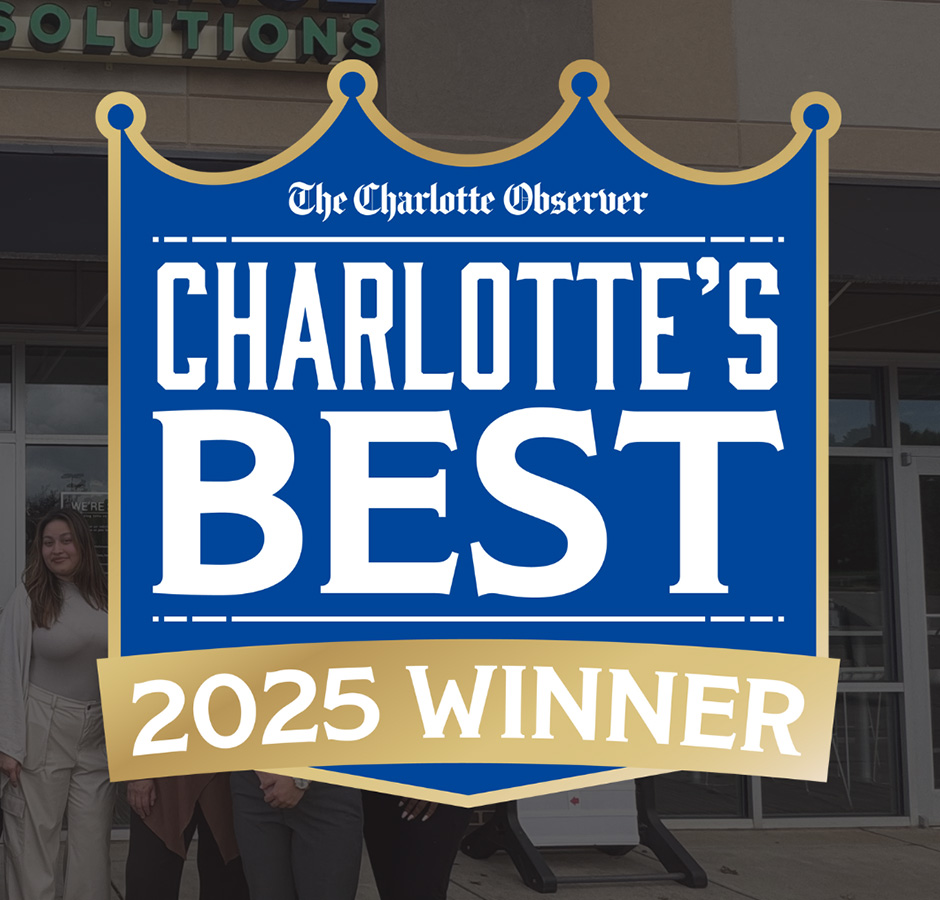Our business world and the landscape it exists in is constantly evolving and changing. And because of this, many employees who have “traditional” careers need to develop the skills and mindsets that are usually associated with business ownership and entrepreneurism. Ultimately, workers need to take a different approach to how they manage their careers to make progress and achieve success.
Today, our work lives have transitioned from being role-based to project-based. As such, many workers find themselves working in a business model that is team-centric and flat. There is little hierarchal structure and more focus on simply getting the work done, regardless of job title or seniority. Job descriptions have become more fluid and all-encompassing, and to stay relevant, one needs to learn how to navigate this new landscape.
With all of this in mind, employees need to manage themselves as if they are owning and operating their own small business—a “Company of Me.” They must be proactive, progress-oriented, flexible and adaptable, and innovative. Skills and competencies that used to be steadily in the column of small business owners and entrepreneurs are now expected to be universal—and had by job seekers and employees of all stripes.
Business Development
Marketing & Self-Promotion
Identifying Strengths, Weaknesses, Opportunities & Threats (SWOT)
Brand Building
Personal Financial Planning & Budget Administration
Change Management & Business Transformation
Multi-tasking
Agility & Flexibility
Ongoing Education & Professional Development
Industry Developments & Emerging Trends
Thought Leadership & Subject Matter Expertise
Work/Life Balance with a focus on Self-Care, Family, and Health
Ultimately, as a job seeker or employee, you must be mindful and customer-focused, with the “customer” in this scenario being the company or organization that you serve currently or where you are seeking employment. You must be able to identify unmet needs or gaps in service and showcase how you, in fact, can address that issue. It is imperative for you to truly identify, understand, and further develop your skillset and experience so your value is obvious and sought after by an employer.
Now, the roadmap for developing and implementing these competencies and abilities is centered on architecting your own personal development plan and then adhering to it in order to keep your skills sharp and always relevant. Identify your strengths as well as your weaknesses to chart a course for your chosen career path—and then begin putting a plan in action to achieve your targeted goals.
Another helpful tip is to begin or continue expanding your professional network and how visible you are, both in the workplace and in the community. Consider writing an article and posting it on LinkedIn Pulse, Medium, or even on an internal company blog. Set up a professional Twitter account and ensure your LinkedIn profile is complete. Then, engage in thought leadership, sharing interesting and relevant information about what is happening in your field. Also, attend a variety of events—be it in person or virtually—and guarantee your name is well known and viewed in a positive light.
In closing, yes, it is true that so many companies and industries have changed much in recent times—so much so that you may feel worried or uncertain about where your career is heading. However, by charting a plan and plotting a course of action, you can take control of your future and accomplish your career goals. For more information about skill and career development, reach out to the professionals at Performance Staffing Solutions today.



